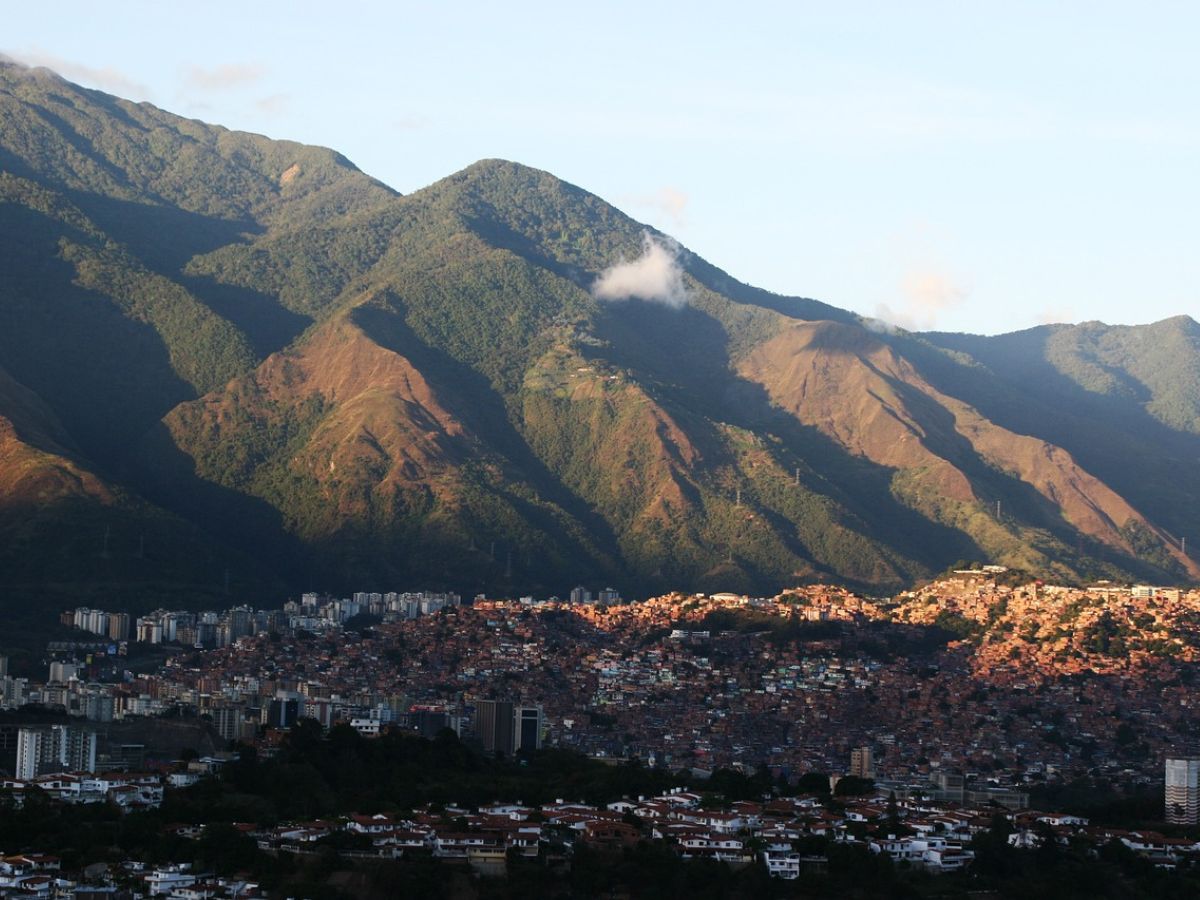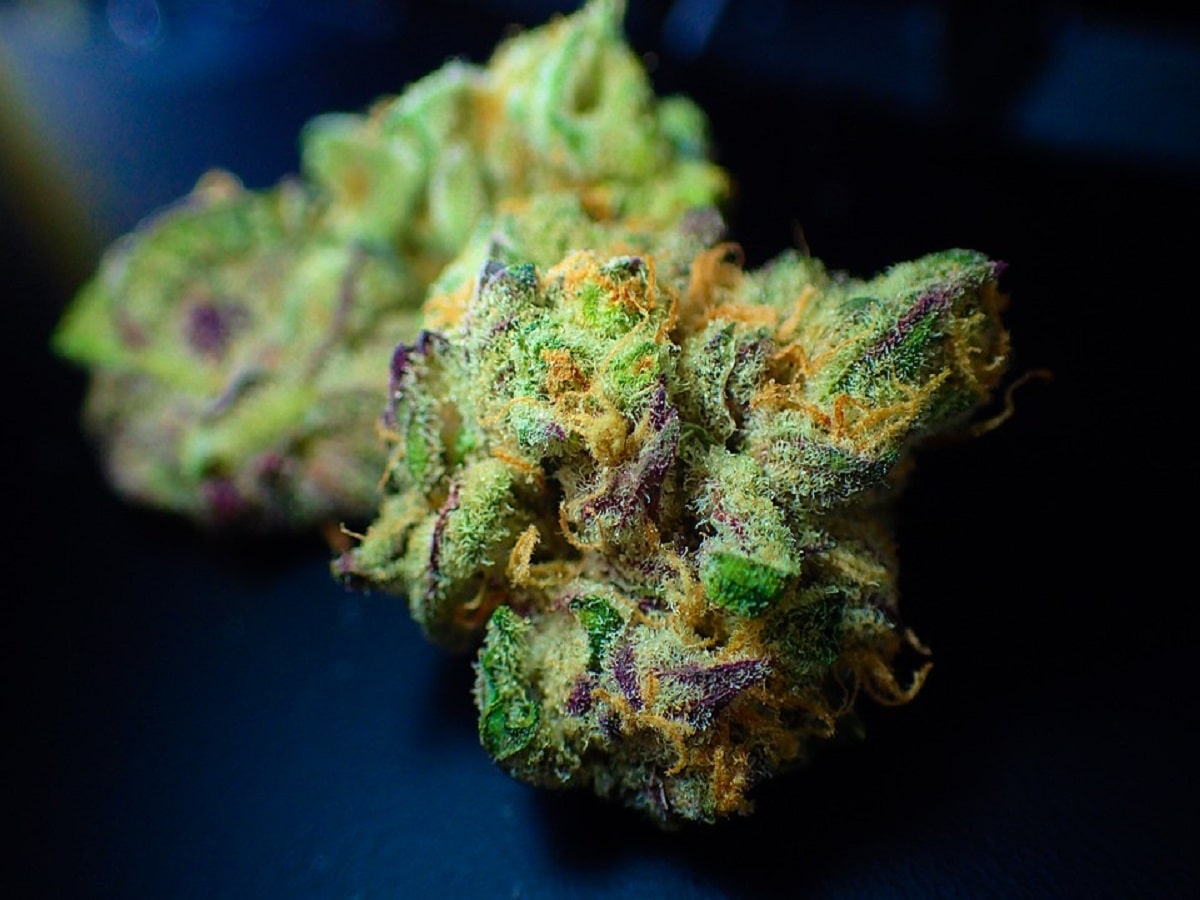
Venezuela’s President Doubles Down On Cannabis Prohibition

Venezuela’s President Doubles Down On Cannabis Prohibition
Medical and adult-use cannabis policy modernization efforts have gained momentum in many parts of the world in recent decades. However, Venezuela is an exception. Cannabis activity remains strictly prohibited in Venezuela.
Venezuelan President Nicolás Maduro recently participated in a press conference after authorities in Brazil intercepted a plane transporting cannabis from Venezuela and made it clear that he has no intention of letting his country modernize its cannabis laws.
“In Venezuela, it is still illegal and will remain illegal. In Venezuela, we will not fall into the foolish trend of legalizing any drug,” President Maduro was credited as saying during the press conference, according to local reporting by El Planteo (translated from Spanish to English).
“If you want to look for marijuana, look for it in the United States, which is producing synthetic super-cannabis, and the production and consumption of marijuana in the United States is legal.” the South American president also reportedly stated.
Cannabis is a Schedule I substance at the federal level in the United States, although two dozen states have legalized cannabis for adult use at the state level in the U.S. Additionally, 40 states in the U.S. have adopted medical cannabis legalization measures, and Washington D.C. has adopted both medical and recreational legalization.
It is unclear what President Maduro was specifically referring to in his comment about “synthetic super-cannabis” being produced in the United States. While synthetic cannabis products are sold in the United States in some instances, such products are not preferred by consumers and patients, and are typically imported from other countries.
Regardless, history has shown that cannabis prohibition is a failed public policy wherever it exists, including in Venezuela and the United States. Sensible cannabis regulation is an objectively better public policy approach compared to outright prohibition.
Share article


Share article
Join Our Awesome Community
Join Our Awesome Community
Join Our Awesome
Community
Get all the latest industry news
delivered to your inbox




